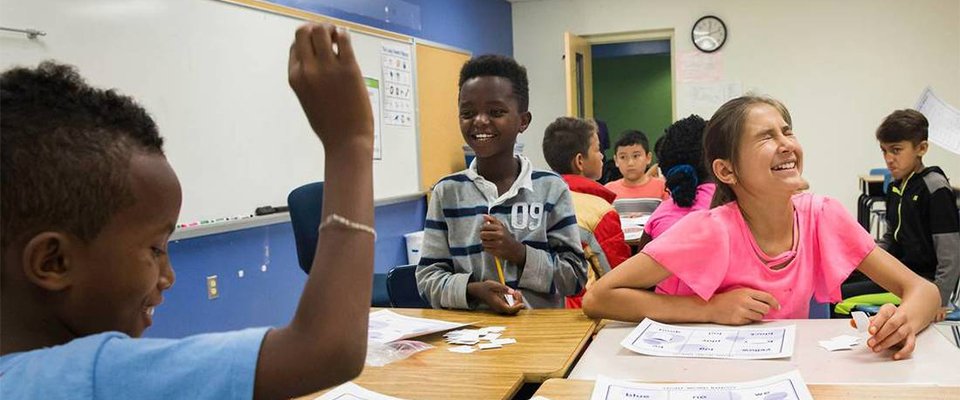A recent release of data by the US Education Department underscores persistent disparities in educational opportunities for Black and Latino students, with the findings shedding light on inequalities that significantly impact their ability to learn, pursue higher education, and attain degrees.
Despite nearly seven decades since the Supreme Court mandated school desegregation, the Civil Rights Data Collection unveiled troubling disparities in schools serving predominantly Black and Latino students. The comprehensive federal survey, conducted during the 2020-2021 school year amid pandemic disruptions, revealed a range of systemic inequities.
Education Secretary Miguel Cardona emphasized the enduring unequal access to educational opportunities in the United States. The disparities encompassed several crucial aspects, including access to advanced classes, counselors, and certified teachers.
One concerning aspect revealed by the data is the association between certified teachers and better student outcomes. However, Black and Latino students are more likely to attend schools with lower percentages of certified teachers. Approximately 1% of students, totaling 522,000, attended schools where fewer than half the teachers met state certification requirements, with 66% of students being Black or Latino.
A similar divide is observed concerning school counselors. While 77% of public schools had at least one counselor, 43% had at least one police officer or security guard. Students of color, in contrast to their white peers, were more likely to be in schools with security staff but no counselor, showcasing a disturbing trend.
Access to higher-level classes, a critical factor in college readiness, exhibited significant disparities. Black and Latino students were notably less likely to have access to or enroll in advanced classes, such as Advanced Placement (AP) courses. This inequity extended to representation in AP science and math classes, where Black and Latino students were underrepresented compared to their white and Asian counterparts.
The data also exposed disparities related to students with disabilities and those learning English, who faced unequal access to math and science classes compared to their peers.
While the Civil Rights Data Collection provides essential insights into the long-standing inequalities in the education system, the pandemic’s impact on data accuracy is acknowledged. Nevertheless, the findings underscore the urgency of addressing systemic disparities and promoting equal educational opportunities for all students.


